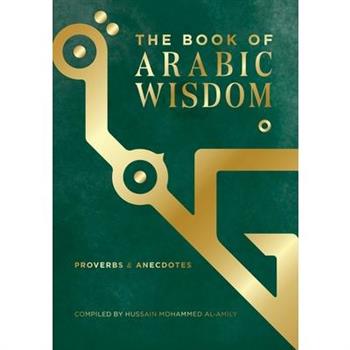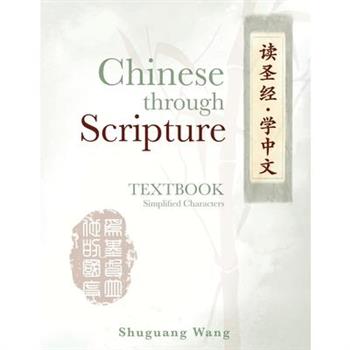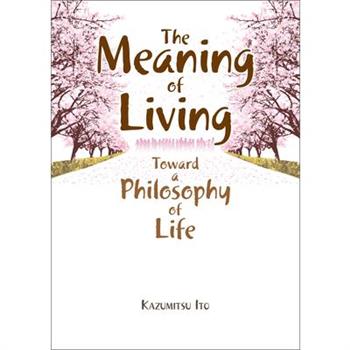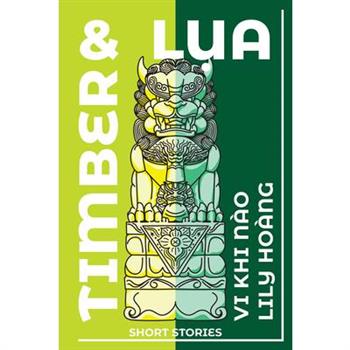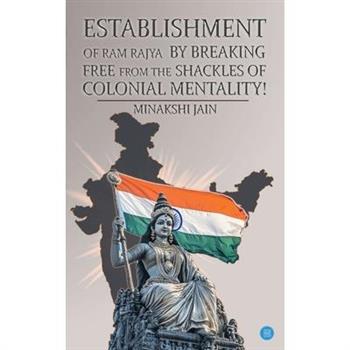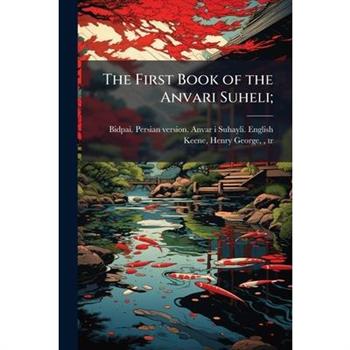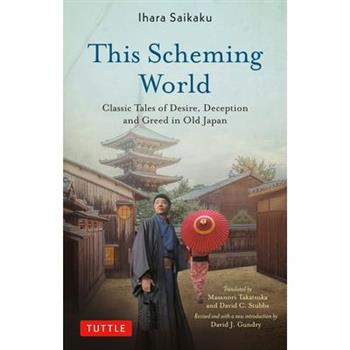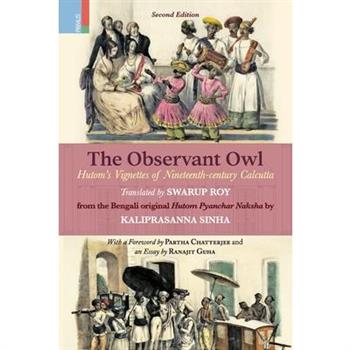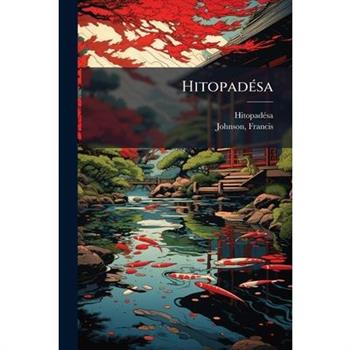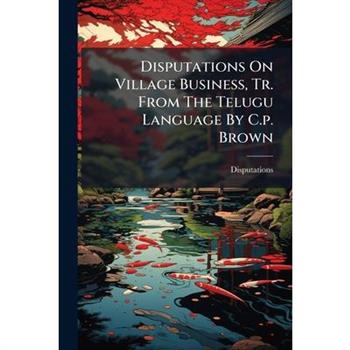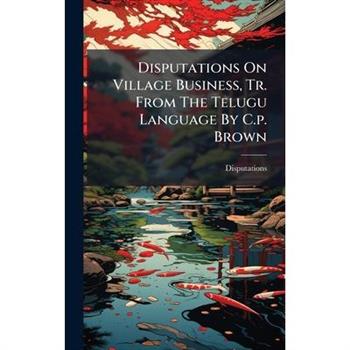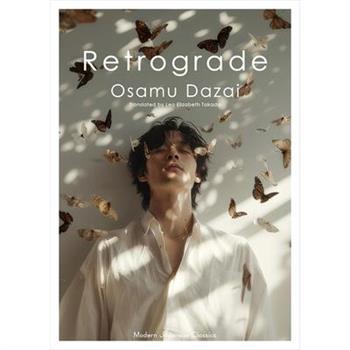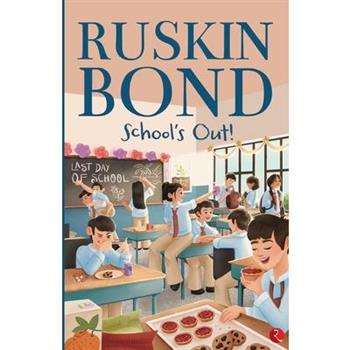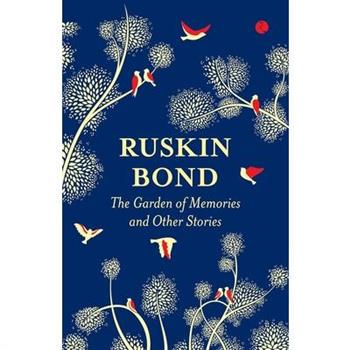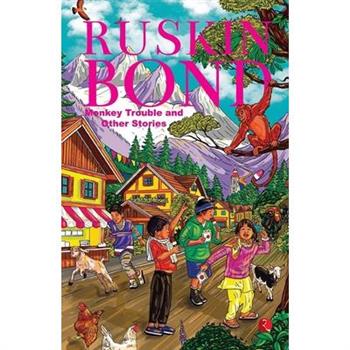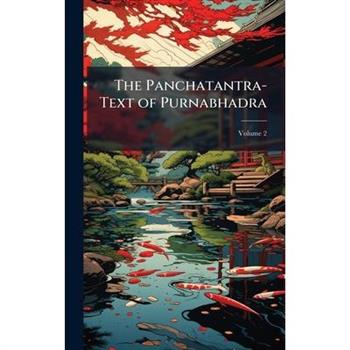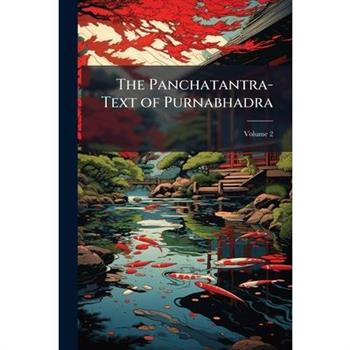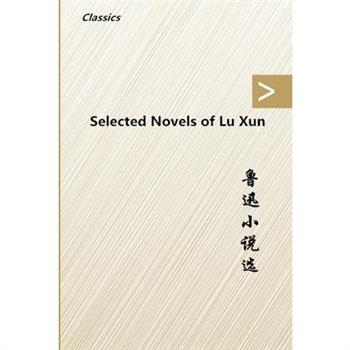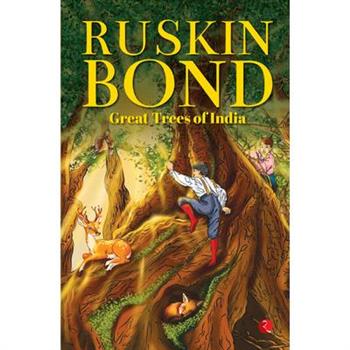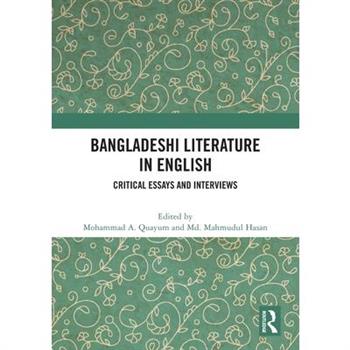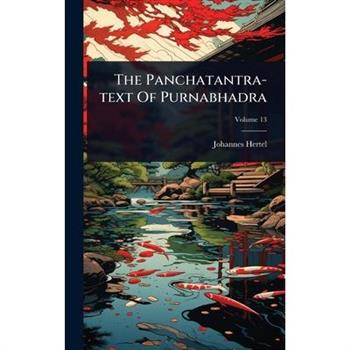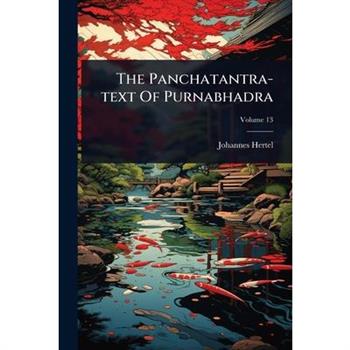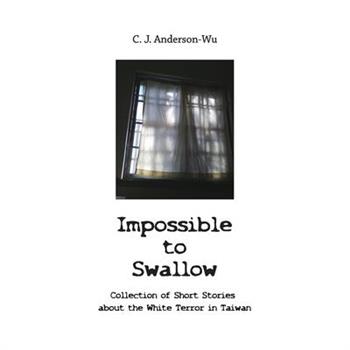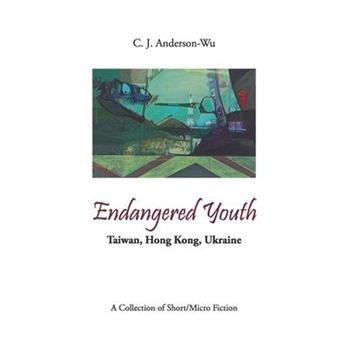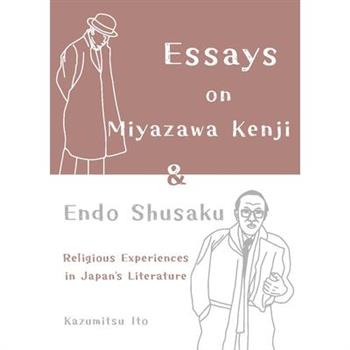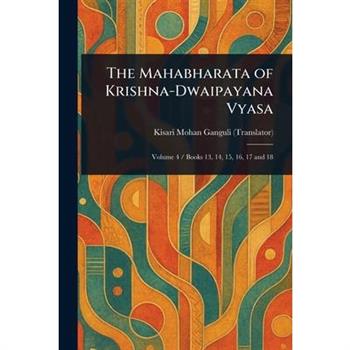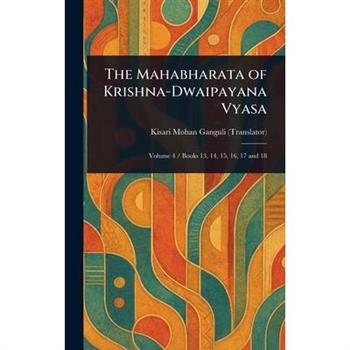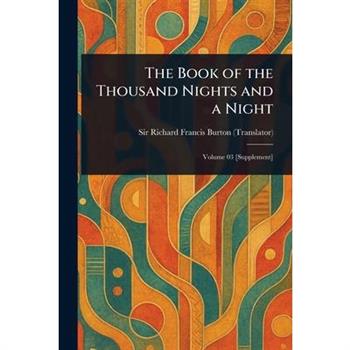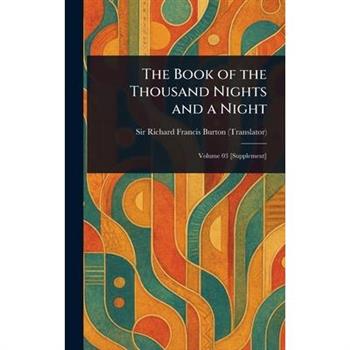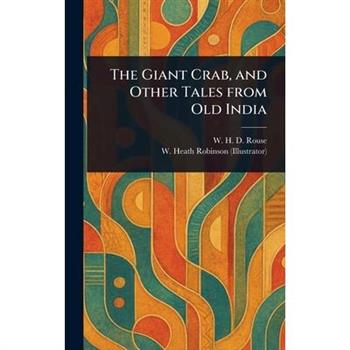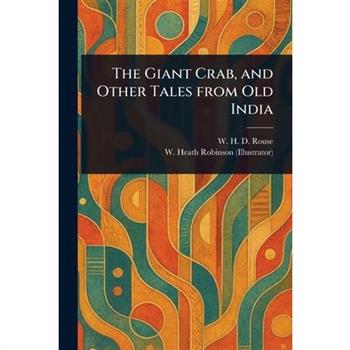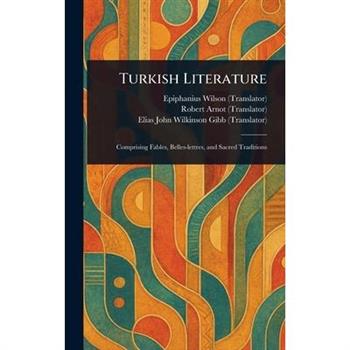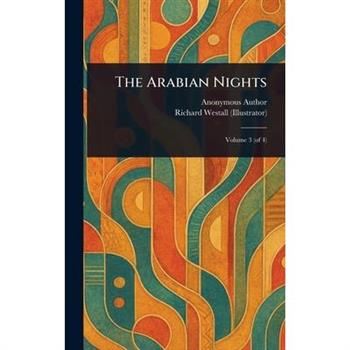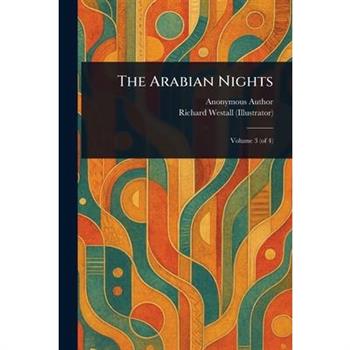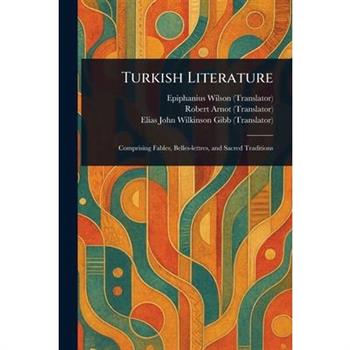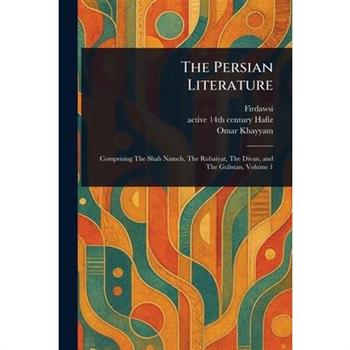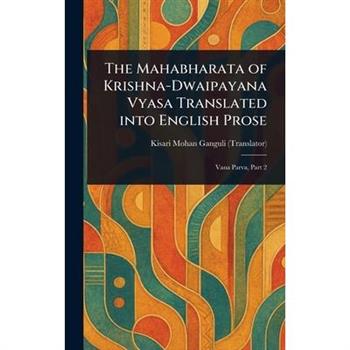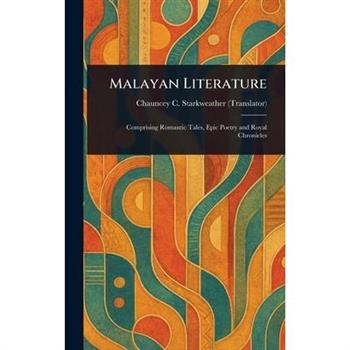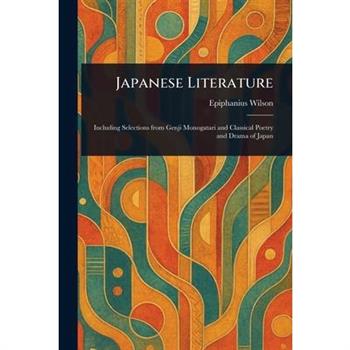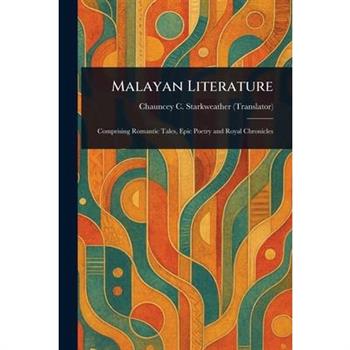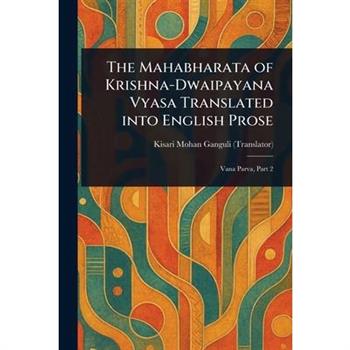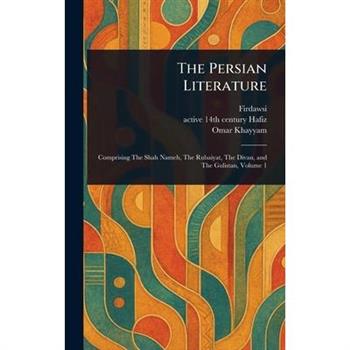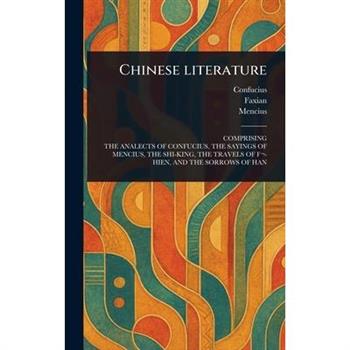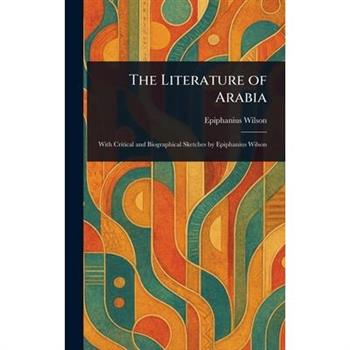The Book of Arabic Wisdom
A treasure trove of over 3000 proverbs, humorous and wise anecdotes, and popular quotations--ancient and modern--from throughout the Arab and Islamic world. Squeeze the past like a sponge, smell the present like a rose, and send a kiss to the future Proverbs are universal manifestations of human wisdom, humor, customs, and myths common to all the peoples of the world. Proverbs have been Hussain Mohammed Al-Amily's passion since he was a small boy, listening to the grown-ups chatter in his Lebanese village. Later, in his homeland of Iraq, he became enchanted by the witty folk sayings that were part of everyday discourse. Now, for this book, he has brought together over 3,000 proverbs, humorous and wise anecdotes, and popular quotations from throughout the vast Arab and Islamic world. Within this intriguing compilation are proverbs that have their roots in the ancient civilizations of Persia and Sumeria, along with those of Kurdish, Turkish, and Andalusian origin. The book also includes: - Selected hadith utterances: the Prophet's counsel as traditionally related by Islamic peoples. - Quatrains by Omar Khayyam and Abul Alaa Al-Ma'arri, free-thinking poets of the eleventh century. - Couplets by the erudite Sheikh Sadi of Shiraz, a famous Sufi poet of the thirteenth century. - Stories of Bahlool, a figure from folklore, and his amusing encounters in ancient Baghdad. This book is a treasure trove of Arabic wisdom, ancient and modern, surprising at times, but with a ring of truth that resounds across cultures.
If I Must Die
"If I must die, let it bring hope, let it be a tale." This rich, elegiac compilation of work from the late Palestinian poet and professor, Refaat Alareer, brings together his marvelous poetry and deeply human writing about literature, teaching, politics, and family. The renowned poet and literature professor Refaat Alareer was killed by an Israeli airstrike in Gaza City alongside his brother, sister, and nephews in December 2023. He was just forty-four years old, but had already established a worldwide reputation that was further enhanced when, in the wake of his death, the poem that gives this book its title became a global sensation. "If I Must Die" is included here, alongside Refaat's other poetry.Refaat wrote extensively about a range of topics: teaching Shakespeare and the way Shylock could be appreciated by young Palestinian students; the horrors of living under repeated brutal assaults in Gaza, one of which, in 2014, killed another of his brothers; and the generosity of Palestinians to each other, fighting, in the face of it all, to be the one paying at the supermarket checkout.Such pieces, some never before published, have been curated here by one of Refaat's closest friends and collaborators. This collection forms a fitting testament to a remarkable writer, educator, and activist, one whose voice will not be silenced by death but will continue to assert the power of learning and humanism in the face of barbarity.
Chinese Through Scripture
Chinese through Scripture and the accompanying Workbook integrate the Bible into the teaching of Chinese, filling a void in Chinese language materials. The books are designed for intermediate students, independent learners who wish to experience reading the Bible in Chinese, and those who desire to use Chinese for ministry and Christian outreach.A rich variety of Scripture passages, relevant readings, and challenging exercises teach terms and statements about God, Jesus, worship, and prayer, the basics of Christian beliefs, and Chinese cultural topics from a Christian perspective.Features include: Simplified and traditional character versionsMore than 600 scripture passages (Chinese Union Version)Pinyin support for unfamiliar wordsEnglish translationsFlexible units to be used consecutively or independentlyInnovative and aesthetic layout with relevant visualsLink to online supplemental materials including vocabulary flashcards Endorsement: Elegantly illustrated and highly accessible, this rich compendium includes luminous scripture verses, class devotionals, songs of praise, and a wide range of thoughtful discussion questions. Students will also enjoy the daily memory verses, prayer translations, and meditative writing exercises aimed at developing their vocabulary and overall Chinese language skills. Chinese through Scripture, a Christ-centered textbook with an accompanying workbook, is both edifying for the mind and nourishing for the soul. - Karen An-hwei Lee, Provost of Wheaton College Chinese Through Scripture is the perfect book to allow intermediate-level students of Chinese to learn to express their Christian faith in the Chinese language, to prepare them for Christian ministry and outreach to Chinese speakers across the globe. Its rich variety of content includes many Bible passages in Chinese with vocabulary notes, and the creative workbook helps the student master the material. Professor Wang's book fills a gap in the field of Chinese language teaching for Christian students of the language. - Larry Herzberg, Professor Emeritus of Chinese, Calvin University; Author of Basic Patterns of Chinese Grammar (Stone Bridge Press) and Writing Guide for Learners of Chinese (Yale U. Press). Professor Wang offers a timely contribution for Chinese language learners through her textbook Chinese through Scripture. As an increasing number of individuals in the Chinese-speaking world proclaim the Christian faith, students of Chinese language and culture will need to understand the vocabulary and prose of the Bible. Professor Wang fills a critical gap in the literature by making such learning possible, memorable, and enjoyable through her published textbook of Chinese through Scripture. I cannot recommend this resource enough! - Robert M. Lyons, Jr., Director of Academic Affairs, Georgetown University, SFS Asian Studies Program About the Author: Shuguang (Rose) Wang (M.A. in Missions and Intercultural Studies, Wheaton College, Illinois; Teaching Chinese as a Second Language, Middlebury College, Vermont) is an Associate Lecturer, Section Coordinator of the Chinese program, and Assistant Chair of the Department of Modern and Classical Languages at Wheaton College. Rose has undertaken new experiments in pedagogy and faith and learning integration within the context of Chinese language teaching in Wheaton's liberal arts educational environment.
The Meaning of Living
In this essay, I have attempted a "philosophical critique." In short, I have tried to summarize my thoughts on the foundation for living, the meaning of living, relationships with others, societal positions, and the courage to make history. I have tried to avoid esoteric philosophical terms as much as possible. Furthermore, I have also incorporated some of my own experiences as anecdotes. In this way, I hope to convey my message to people living in contemporary times.
Timber and Lua
AWARD-WINNING CO-AUTHORSPEN OPEN BOOKS AWARD WINNERPEN USA NONFICTION BOOK AWARD FINALISTTen short stories written by Lily Ho?agrave;ng and Vi Khi N?o explore a range of styles from love stories to speculative fiction and fairy tales.In this inventive collaboration, Ho?ng and N?o blend Vietnamese, English, and Vietlish, creating a fresh, dynamic voice that captures the complexity of the Vietnamese-American experience. Their stories dive into themes of generational trauma, identity, and cultural clash, offering everything from love stories pieced together from memory, to folklore and fantasy, to post-apocalyptic worlds where Vietnamese-American identities are reimagined.Timber and Lụa is playful, moving, and full of surprises. The authors experiment with language and translation, showing how meaning can shift and change between cultures. Released on the fiftieth anniversary of the Fall of Saigon, this collection is both a celebration of diasporic voices and a tribute to the power of storytelling across generations.
Establishment of Ram Rajya by Breaking Free from the Shackles of Colonial Mentality!
An Attempt to Break Colonial Shackles of Indian Society through the lens of my Poems and finding direction for establishing Ram Rajya.Marriage between a Man and a Woman and a married couple having a child is a very important aspect for the sustenance of life as a human being. Humans as social beings cannot lead a lonely life, it leads to depression. To be able to have a happy and blissful life an individual needs to have a single partner for life. Each married couple goes through a cycle of Ramayana and Mahabhartha', if we read both these texts and understand its deep wisdom, we'll be able to navigate through the 'Chakraview' or the circles of life.
The First Book of the Anvari Suheli;
"The First Book of the Anvari Suheli" is an early English translation of a classic Persian adaptation of the ancient Indian collection of fables known as the Panchatantra. Attributed to Bidpai, these stories offer moral lessons and practical wisdom through engaging narratives featuring anthropomorphic animals and insightful characters.This edition provides a glimpse into the literary exchange between cultures, showcasing the enduring appeal of these timeless tales. Translated by Henry George Keene, this volume makes the rich storytelling tradition of the Anvari Suheli accessible to English-speaking audiences, preserving its historical and literary significance. The fables explore themes of friendship, betrayal, justice, and the complexities of human nature, making them relevant to readers of all ages.This work has been selected by scholars as being culturally important, and is part of the knowledge base of civilization as we know it. This work was reproduced from the original artifact, and remains as true to the original work as possible. Therefore, you will see the original copyright references, library stamps (as most of these works have been housed in our most important libraries around the world), and other notations in the work.This work is in the public domain in the United States of America, and possibly other nations. Within the United States, you may freely copy and distribute this work, as no entity (individual or corporate) has a copyright on the body of the work.As a reproduction of a historical artifact, this work may contain missing or blurred pages, poor pictures, errant marks, etc. Scholars believe, and we concur, that this work is important enough to be preserved, reproduced, and made generally available to the public. We appreciate your support of the preservation process, and thank you for being an important part of keeping this knowledge alive and relevant.
This Scheming World
A Great Classic of Japanese literature and the masterpiece of novelist Ihara Saikaku--now in a completely new and revised edition with introduction by noted scholar David J. Gundry The culmination of Saikaku's perceptive genius, the 20 short stories within This Scheming World recount raucous events and incidents on New Year's Eve as everyone tries to settle their debts for the year, as is the New Year's custom. Crafty money lenders attempt to collect their money from equally crafty debtors, and Saikaku portrays his characters with so lifelike a touch that, even though three centuries have passed since his time, it seems as if they were our contemporaries. The new Introduction by Saikaku expert David J. Gundry explains how and why this entertaining work still resonates with modern readers today. The finely-crafted tales include stories of: Philanderers who slip off to hide in the homes of their mistressesHustlers who leave town suddenly on "very important" business tripsConnivers who become actors for a day to hide-in-plain-sight on stage"The New Year's Eve is more precious than a thousand pieces of gold. It is the Great Divide between winter and spring, which none can pass over without copper and silver." --Ihara Saikaku
The Observant Owl
Hutom Pyanchar Naksha (literally, 'Sketches by Hutom the Owl'), a set of satirical portraits in Bengali about ordinary life in the nineteenth century, is so popular that it has never been out of print since its publication in 1861-2. The author of the sketches, Kaliprasanna Sinha (1840-70), ran several literary journals, founded the Bidyotsahini Sabha (Association for the Cultivation of Knowledge), established a theatre house named Bidyotsahini Theatre to promote Bengali drama, published the Bengali translation of the Mahabharata, and donated generously to social causes and projects of social reform.The Observant Owl, originally published in 2008, is the first ever English translation of Kaliprasanna's work. It presents a joyously irreverent portrait of the city he lived in. The writing is so vivid that one finds within these pages a sense of walking through a nineteenth-century city as fishwives call out their wares, housewives hurry to the river for baths, thieves pick pockets, and carriages creak through slush and rotting banana peels, carting passengers high on ganja.In this second edition, the translator has revised the text to make some minor modifications, particularly with regard to the tense and aspect of the verbs.
Hitopade? sa
The "Hitopade?›a" is a collection of interrelated animal fables in Sanskrit, believed to have been compiled in the 12th century CE. This edition, translated into English, makes these timeless stories accessible to a wider audience. Similar to Aesop's fables, the "Hitopade?›a" imparts practical wisdom and moral lessons through engaging narratives featuring animals as characters. The tales explore themes of friendship, politics, war, and human nature, offering insights into ethical conduct and strategic thinking. Originally intended to educate young princes, the "Hitopade?›a" continues to entertain and enlighten readers of all ages with its charming stories and enduring moral teachings.This work has been selected by scholars as being culturally important, and is part of the knowledge base of civilization as we know it. This work was reproduced from the original artifact, and remains as true to the original work as possible. Therefore, you will see the original copyright references, library stamps (as most of these works have been housed in our most important libraries around the world), and other notations in the work.This work is in the public domain in the United States of America, and possibly other nations. Within the United States, you may freely copy and distribute this work, as no entity (individual or corporate) has a copyright on the body of the work.As a reproduction of a historical artifact, this work may contain missing or blurred pages, poor pictures, errant marks, etc. Scholars believe, and we concur, that this work is important enough to be preserved, reproduced, and made generally available to the public. We appreciate your support of the preservation process, and thank you for being an important part of keeping this knowledge alive and relevant.
Disputations On Village Business, Tr. From The Telugu Language By C.p. Brown
"Disputations on Village Business," translated from the Telugu language by C.P. Brown, offers a fascinating glimpse into 19th-century Indian village life. This collection of disputations provides insights into the social customs, traditions, and everyday concerns of rural communities in Andhra Pradesh. C.P. Brown's translation makes these valuable narratives accessible to a wider audience, preserving the authenticity and cultural significance of the original Telugu texts. The book serves as a valuable resource for scholars and readers interested in South Asian history, folklore, and the study of comparative literature. Through its detailed depictions of village life and lively debates, "Disputations on Village Business" captures the essence of a bygone era, offering a unique perspective on the complexities of Indian society and culture.This work has been selected by scholars as being culturally important, and is part of the knowledge base of civilization as we know it. This work was reproduced from the original artifact, and remains as true to the original work as possible. Therefore, you will see the original copyright references, library stamps (as most of these works have been housed in our most important libraries around the world), and other notations in the work.This work is in the public domain in the United States of America, and possibly other nations. Within the United States, you may freely copy and distribute this work, as no entity (individual or corporate) has a copyright on the body of the work.As a reproduction of a historical artifact, this work may contain missing or blurred pages, poor pictures, errant marks, etc. Scholars believe, and we concur, that this work is important enough to be preserved, reproduced, and made generally available to the public. We appreciate your support of the preservation process, and thank you for being an important part of keeping this knowledge alive and relevant.
Disputations On Village Business, Tr. From The Telugu Language By C.p. Brown
"Disputations on Village Business," translated from the Telugu language by C.P. Brown, offers a fascinating glimpse into 19th-century Indian village life. This collection of disputations provides insights into the social customs, traditions, and everyday concerns of rural communities in Andhra Pradesh. C.P. Brown's translation makes these valuable narratives accessible to a wider audience, preserving the authenticity and cultural significance of the original Telugu texts. The book serves as a valuable resource for scholars and readers interested in South Asian history, folklore, and the study of comparative literature. Through its detailed depictions of village life and lively debates, "Disputations on Village Business" captures the essence of a bygone era, offering a unique perspective on the complexities of Indian society and culture.This work has been selected by scholars as being culturally important, and is part of the knowledge base of civilization as we know it. This work was reproduced from the original artifact, and remains as true to the original work as possible. Therefore, you will see the original copyright references, library stamps (as most of these works have been housed in our most important libraries around the world), and other notations in the work.This work is in the public domain in the United States of America, and possibly other nations. Within the United States, you may freely copy and distribute this work, as no entity (individual or corporate) has a copyright on the body of the work.As a reproduction of a historical artifact, this work may contain missing or blurred pages, poor pictures, errant marks, etc. Scholars believe, and we concur, that this work is important enough to be preserved, reproduced, and made generally available to the public. We appreciate your support of the preservation process, and thank you for being an important part of keeping this knowledge alive and relevant.
Retrograde
Three stories of the ruined and the lost: Osamu Dazai at his most tormented. This collection unearths the Japanese literary legend's most controversial and exhilarating early-career writing with strikingly original translations. "Retrograde" traces the life of an anguished youth in reverse; "Das Gemeine" features an aspiring literato with a dark past who hitches his wagon to an eccentric violinist; "Blossom-Leaves and the Spirit Whistle" tells of an old woman recalling the final breaths of her beautiful, sickly sister. Experience the twisted agony of the prose that propelled Dazai to the top of the literary world.
School's Out!
'I'm thinking, ' said Romi, 'that even if the fire is out in a day or two, it will be a long time before the bridge is repaired. So it will be a nice long holiday from school!' 'But you can walk across the river, ' said Teju. 'You just did it.' 'Impossible, ' said Romi. 'It's much too swift.' There is a sense of anticipation in the air, increasing as the clock slowly ticks on, each second seeming to last forever. The teacher's voice drones on in the background as you exchange another grin with your best friends, already planning your summer routine in detail in your head. And then the bell rings-that sweet sound of freedom-signalling that school is finally out! Revelling in the joy of this moment, School's Out! brings together a collection of Ruskin Bond's best children's stories, the perfect summer vacation read. Journey through streets and tunnels and forests, on tongas and trains and bicycles, with friends old and new, and make the most of the holidays through the delightful style of the writer on the hill.
The Garden of Memories and Other Stories
'This won't last. Not in this way. But if something like it lasts, we should be happy.' Our memories are like the multi-coloured flowers in a garden-some happy, some sad; each special on its own, but all coming together to paint a beautiful picture of a life well lived. The ability to walk through this garden whenever we want is one of the greatest gifts nature has given us, and there is nothing quite like the contentment of the occasional trip down memory lane. The Garden of Memories and Other Stories is a special collection that guides readers down the lanes of Ruskin Bond's own garden on the occasion of his ninety-first birthday. Bringing together some of his most personal recollections and celebrated stories, this book offers a peak into the rich life of the writer on the hill in his usual inimitable and intimate style.
Monkey Trouble and Other Stories
'He gave a full-throated roar and moved purposefully through the tall grass. And the roar came back to him, calling him, calling him forward: a roar that meant there would be more tigers in the land!' In the vast tapestry of the world, where earth and sky converge, a delicate thread binds humans and the wild. Beneath rustling trees, within deep forests, and across endless plains, a story of coexistence unfolds-- often unnoticed, yet profound. Monkey Trouble and Other Stories is a collection of Ruskin Bond's writings that invite the reader to reflect on the responsibility and wonder of being part of this fragile yet resilient planet, where the secrets to life's greatest mysteries are found in the smallest moments of connection. From the humorous to the terrifying, experience all that can happen when man meets the wild, through the sensitive and vivid prose of the master storyteller.
The Panchatantra-Text of Purnabhadra
This is Volume 2 of "The Panchatantra-Text of Purnabhadra," a collection of interrelated animal fables from ancient India. The Panchatantra is designed to impart wisdom and guide readers towards a more fulfilling life through engaging narratives. Collected and arranged by Purnabhadra, this edition presents the classic tales in accessible language for modern readers. The Panchatantra stories feature animals as central characters, each embodying distinct human traits and emotions. These characters interact in a vibrant tapestry of situations that explore themes of friendship, cunning, bravery, and the consequences of both wise and foolish decisions. Through these captivating stories, readers gain insight into ethical conduct, practical wisdom, and the complexities of human nature.Volume 2 offers further adventures and moral lessons, continuing the Panchatantra's legacy as an enduring source of entertainment and enlightenment. This edition preserves the authenticity and timeless appeal of the original text, making it an invaluable addition to any collection of world literature and a rewarding read for anyone interested in ancient Indian folklore and ethical teachings.This work has been selected by scholars as being culturally important, and is part of the knowledge base of civilization as we know it. This work was reproduced from the original artifact, and remains as true to the original work as possible. Therefore, you will see the original copyright references, library stamps (as most of these works have been housed in our most important libraries around the world), and other notations in the work.This work is in the public domain in the United States of America, and possibly other nations. Within the United States, you may freely copy and distribute this work, as no entity (individual or corporate) has a copyright on the body of the work.As a reproduction of a historical artifact, this work may contain missing or blurred pages, poor pictures, errant marks, etc. Scholars believe, and we concur, that this work is important enough to be preserved, reproduced, and made generally available to the public. We appreciate your support of the preservation process, and thank you for being an important part of keeping this knowledge alive and relevant.
The Panchatantra-Text of Purnabhadra
This is Volume 2 of "The Panchatantra-Text of Purnabhadra," a collection of interrelated animal fables from ancient India. The Panchatantra is designed to impart wisdom and guide readers towards a more fulfilling life through engaging narratives. Collected and arranged by Purnabhadra, this edition presents the classic tales in accessible language for modern readers. The Panchatantra stories feature animals as central characters, each embodying distinct human traits and emotions. These characters interact in a vibrant tapestry of situations that explore themes of friendship, cunning, bravery, and the consequences of both wise and foolish decisions. Through these captivating stories, readers gain insight into ethical conduct, practical wisdom, and the complexities of human nature.Volume 2 offers further adventures and moral lessons, continuing the Panchatantra's legacy as an enduring source of entertainment and enlightenment. This edition preserves the authenticity and timeless appeal of the original text, making it an invaluable addition to any collection of world literature and a rewarding read for anyone interested in ancient Indian folklore and ethical teachings.This work has been selected by scholars as being culturally important, and is part of the knowledge base of civilization as we know it. This work was reproduced from the original artifact, and remains as true to the original work as possible. Therefore, you will see the original copyright references, library stamps (as most of these works have been housed in our most important libraries around the world), and other notations in the work.This work is in the public domain in the United States of America, and possibly other nations. Within the United States, you may freely copy and distribute this work, as no entity (individual or corporate) has a copyright on the body of the work.As a reproduction of a historical artifact, this work may contain missing or blurred pages, poor pictures, errant marks, etc. Scholars believe, and we concur, that this work is important enough to be preserved, reproduced, and made generally available to the public. We appreciate your support of the preservation process, and thank you for being an important part of keeping this knowledge alive and relevant.
Selected Novels of Lu Xun
The title collects the seven classic novels written by Lu Xun, a great writer and thinker in modern Chinese history. By reading these novels, you will have a general picture of the social realities of China and the state of mind of the Chinese at different social levels in late 1800s and early 1900s, namely late Qing Dynasty (1644-1911) . The seven novels are: 01. A Madman's Diary 02. Kong Yiji 03. Medicine 04. The True Story of Ah Q 05. The New Year Sacrifice 06. In the Tavern 07. Regret for the Past
Great Trees of India
'Why do you spend so much time in the trees?' complained my grandmother. ' Why not do something useful for a change?' ' The trees are my brothers, ' I would say. ' I like to play with them.' From the banyans of the plains to the deodars of the hills and the mangroves of the coasts, the trees of India are the soul of our land and its people. Our memories and myths, our songs and superstitions-- our land's trees are an inextricable part of all of them. Great Trees of India contains a selection of stories that are Ruskin Bond's love letters to the trees that give this country its unique character. Let the master storyteller's sensitive and warm prose transport you to afternoons spent under cool shade, with birdsong in the air as dust moats float in dappled sunlight-- one of the timeless pleasures of life!
Bangladeshi Literature in English
This pioneering book brings together several critical essays on Bangladeshi writers in the English language, both at home and abroad, and interviews with a prominent poet and a novelist.The past years have seen various attempts to conceptualize and debate the tradition of Bangladeshi literature in English. English has been in Bengal, which included the geographical territory that constitutes present-day Bangladesh, since the arrival of Ralph Fitch in 1583, and although Bengalis started experimenting creatively in the language in the late eighteenth and early nineteenth centuries, the tradition suffered significant setbacks in Bangladesh and remained in semi-muzzled state for various political and cultural reasons discussed in the book, before and after independence. However, the tradition has seen a surge since the 1990s, and several writers have emerged on home soil and in places where Bangladeshis have settled, including Australia, Canada, Sweden, the UK, and the USA. The book provides an overview of this tradition and investigates the various thematic and stylistic issues in the works of the selected writers, suggesting the vibrancy and versatility of this evolving national and postcolonial literary stream.The book will be of interest to researchers, academics, and scholars in the field of Bangladeshi writing in English, Southeast Asian literature, Asian literature, diaspora, and literary studies. The chapters in this book were originally published in the Journal of Postcolonial Writing.
The Panchatantra-text Of Purnabhadra
The Panchatantra-text Of Purnabhadra, Volume 13 presents a detailed exploration of one of the most influential collections of Indian fables. This volume focuses on the Purnabhadra recension of the Panchatantra, offering insights into its textual history and literary significance. Johannes Hertel's work provides a valuable resource for scholars and enthusiasts interested in comparative literature, folklore, and the rich tradition of Indian storytelling. The Panchatantra, known for its engaging animal stories and embedded moral lessons, has captivated readers for centuries and spread globally through various translations and adaptations. This edition is essential for understanding the nuances of Purnabhadra's version and its place within the broader context of Panchatantra studies. Delve into the wisdom and charm of these timeless tales.This work has been selected by scholars as being culturally important, and is part of the knowledge base of civilization as we know it. This work was reproduced from the original artifact, and remains as true to the original work as possible. Therefore, you will see the original copyright references, library stamps (as most of these works have been housed in our most important libraries around the world), and other notations in the work.This work is in the public domain in the United States of America, and possibly other nations. Within the United States, you may freely copy and distribute this work, as no entity (individual or corporate) has a copyright on the body of the work.As a reproduction of a historical artifact, this work may contain missing or blurred pages, poor pictures, errant marks, etc. Scholars believe, and we concur, that this work is important enough to be preserved, reproduced, and made generally available to the public. We appreciate your support of the preservation process, and thank you for being an important part of keeping this knowledge alive and relevant.
The Panchatantra-text Of Purnabhadra
The Panchatantra-text Of Purnabhadra, Volume 13 presents a detailed exploration of one of the most influential collections of Indian fables. This volume focuses on the Purnabhadra recension of the Panchatantra, offering insights into its textual history and literary significance. Johannes Hertel's work provides a valuable resource for scholars and enthusiasts interested in comparative literature, folklore, and the rich tradition of Indian storytelling. The Panchatantra, known for its engaging animal stories and embedded moral lessons, has captivated readers for centuries and spread globally through various translations and adaptations. This edition is essential for understanding the nuances of Purnabhadra's version and its place within the broader context of Panchatantra studies. Delve into the wisdom and charm of these timeless tales.This work has been selected by scholars as being culturally important, and is part of the knowledge base of civilization as we know it. This work was reproduced from the original artifact, and remains as true to the original work as possible. Therefore, you will see the original copyright references, library stamps (as most of these works have been housed in our most important libraries around the world), and other notations in the work.This work is in the public domain in the United States of America, and possibly other nations. Within the United States, you may freely copy and distribute this work, as no entity (individual or corporate) has a copyright on the body of the work.As a reproduction of a historical artifact, this work may contain missing or blurred pages, poor pictures, errant marks, etc. Scholars believe, and we concur, that this work is important enough to be preserved, reproduced, and made generally available to the public. We appreciate your support of the preservation process, and thank you for being an important part of keeping this knowledge alive and relevant.
Impossible to Swallow-Collection of Short Stories about the White Terror in Taiwan
Impossible to Swallow by C. J. Anderson-Wu is a powerful collection of short stories that delves into the harrowing impact of Taiwan's White Terror-a period of political repression that lasted for decades. Through a series of deeply personal narratives, C. J. Anderson-Wu brings to life the struggles of ordinary people caught in the grip of authoritarian rule, exploring themes of fear, loss, and resilience.Each story offers a unique perspective on the era, from the plight of political prisoners to the quiet suffering of families left behind. The collection not only preserves the memory of those affected but also serves as a stark reminder of the fragility of freedom. With a blend of historical insight and literary craftsmanship, Impossible to Swallow is an essential read for anyone seeking to understand Taiwan's past and the enduring consequences of state oppression.
Exophony
I am trying to learn, with my tongue, sounds that are unfamiliar to me. A foreign-sounding word learned out of curiosity is not "imitation" per se. All of these things I learn leave traces that slowly grow to coexist with my accent. And that balancing act goes on changing indefinitely. How perfect that Yoko Tawada's first essay in English dives deep into her lifelong fascination with the possibilities opened up by cross-hybridizing languages. Tawada famously writes in both Japanese and German, but her interest in language reaches beyond any mere dichotomy. The term "exophonic," which she first heard in Senegal, has a special allure for the author: "I was already familiar with similar terms, 'immigrant literature, ' or 'creole literature, ' but 'exophonic' had a much broader meaning, referring to the general experience of existing outside of one's mother tongue." Tawada revels in explorations of cross-cultural and intra-language possibilities (and along the way deals several nice sharp raps to the primacy of English). The accent here, as in her fiction, is the art of drawing closer to the world through defamiliarization. Never entertaining a received thought, Tawada seeks the still-to-be-discovered truths, as well as what might possibly be invented entirely whole cloth. Exophony opens a new vista into Yoko Tawada's world, and delivers more of her signature erudite wit--at once cross-grained and generous, laser-focused and multidimensional, slyly ironic and warmly companionable.
Endangered Youth-Taiwan, Hong Kong, Ukraine
Endangered Youth - Taiwan, Hong Kong, Ukraine by C. J. Anderson-Wu is a powerful fiction collection that captures the struggles of young generations fighting for dignity, autonomy, cultural identity, and freedom of speech. Through vivid storytelling and deeply human narratives, Anderson-Wu brings to life the voices of those resisting oppression, navigating political turmoil, and striving to preserve their heritage in the face of adversity.This collection is more than a literary work-it is a testament to the resilience of people in Taiwan, Hong Kong, and Ukraine, where battles for self-determination and democratic values continue to shape their futures. Anderson-Wu's writing is both urgent and poetic, weaving personal and collective histories into gripping tales that resonate far beyond their geographical origins.As an accomplished author, C. J. Anderson-Wu has made significant contributions to contemporary literature, earning recognition for their ability to merge political consciousness with compelling fiction. Their work stands as a bridge between storytelling and activism, shedding light on the realities of those who refuse to be silenced. Endangered Youth is not just a collection of stories-it is a call to remember, to resist, and to honor the courage of those who fight for their right to exist freely.
Essays on Miyazawa Kenji and Endo Shusaku
This book discusses literary criticism, especially Japanese literature, from the perspective of the theme of "religious salvation." As such, my discussion focuses on two writers--Miyazawa Kenji, a Buddhist, and Endo Shusaku, a Christian. Their works appear to reflect their religious experiences strongly. I have endeavored to discuss this point in detail. The final appendix is an examination of the "simple religious belief of Japanese people" that these two writers have in common and flows as a deep undercurrent.




